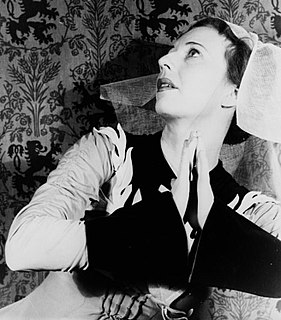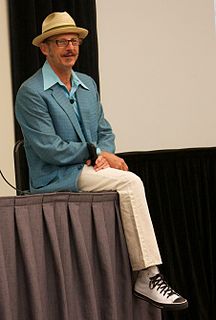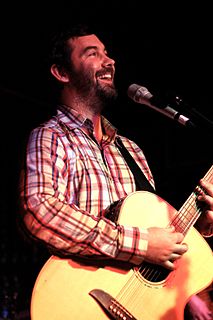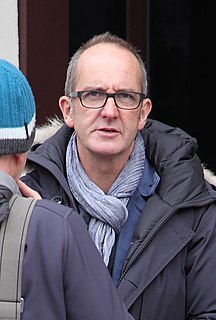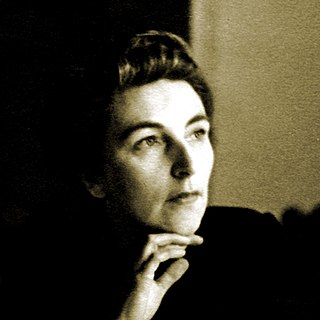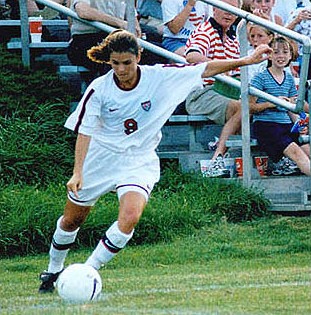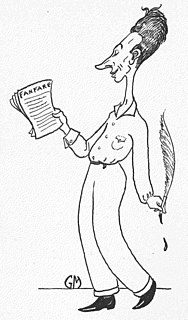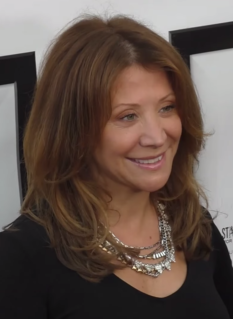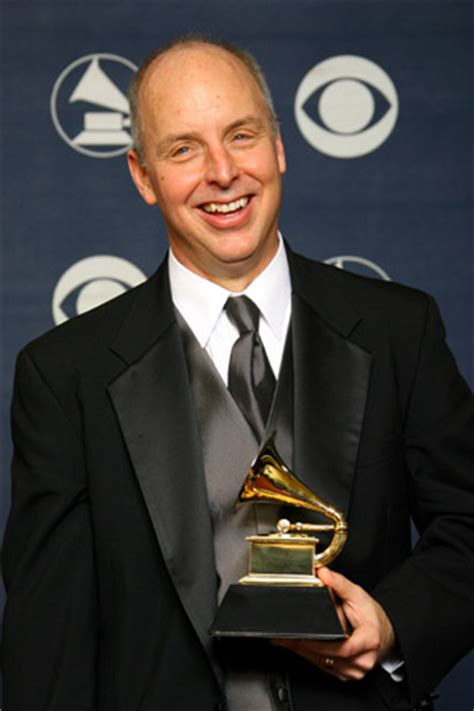A Quote by Agnes de Mille
I learned three important things in college-to use a library, to memorize quickly and visually, to drop asleep at any time given a horizontal surface and fifteen minutes. What I could not learn was to think creatively on schedule.
Related Quotes
Prepare yourselves mentally. A mission requires a great deal of mental preparation. You must memorize missionary discussions, memorize scriptures, and oftentimes learn a new language. The discipline to do this is learned in your early years. Establish now the daily practice of reading the scriptures ten to fifteen minutes each day. If you do so, by the time you reach the mission field, you will have read all four of the standard works. I urge you to read particularly the Book of Mormon so that you can testify of its truthfulness as the Lord has directed.
I suppose the more you have to do, the more you learn to organize and concentrate-or else get fragmented into bits. I have learned to use my 'ten minutes'. I once thought it was not worth sitting down for a time as short as that; now I know differently and, if I have ten minutes, I use them, even if they bring only two lines, and it keeps the book alive.
[The Head of Radio Three] had been ensnared by the Music Director of the college and a Professor of Philosophy. These two were busy explaining to the harassed man that the phrase "too much Mozart" was, given any reasonable definition of those three words, an inherently self-contradictory expression, and that any sentence which contained such a phrase would be thereby rendered meaningless and could not, consequently, be advanced as part of an argument in favour of any given programme-scheduling strategy.
Now one does not think during creative work: any more than one thinks when driving a car. One has a background of years — learning — unlearning— success — failure — dreaming — thinking — experience — back it goes — farther back than one's ancestors: all this, — then the moment of creation, the focussing of all into the moment. So I can make — "without thought" — fifteen carefully-considered negatives one every fifteen minutes, — given material with as many possibilities.
Every child needs a safe place to fall - a place where he or she can explore things without worrying about failure and judgment. A library is one of those places. In a library you can learn by following your own nose, which is very different from someone telling you what you should learn. Once a kid learns a library is hers, to use as she wants, the world opens up., I've seen it happen. It happened to me.
